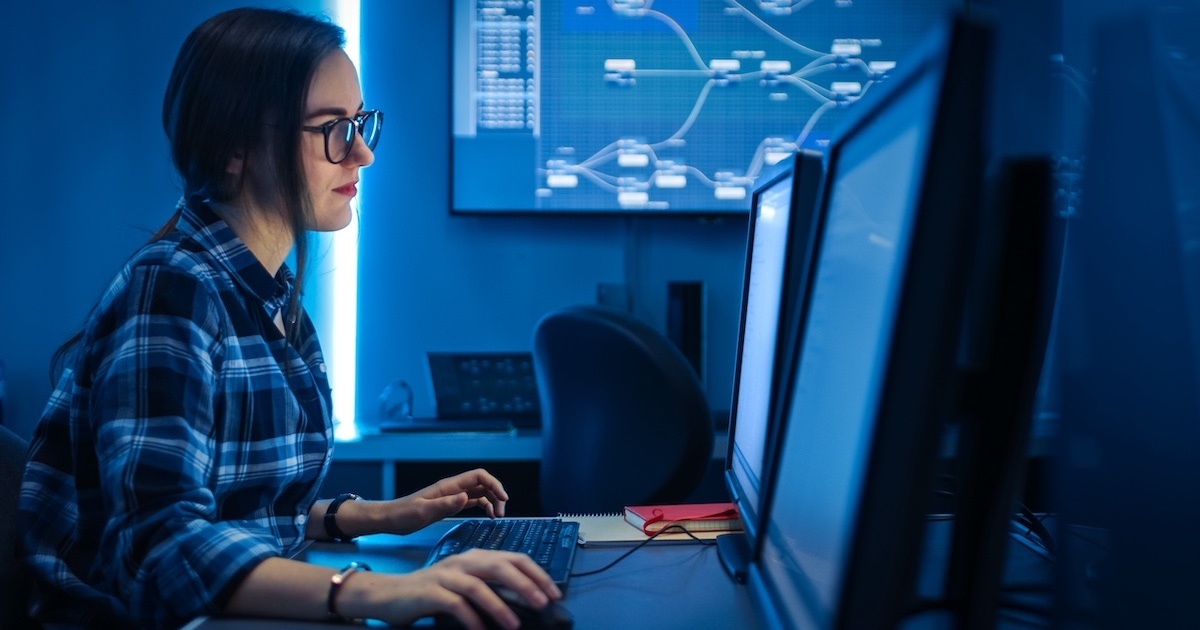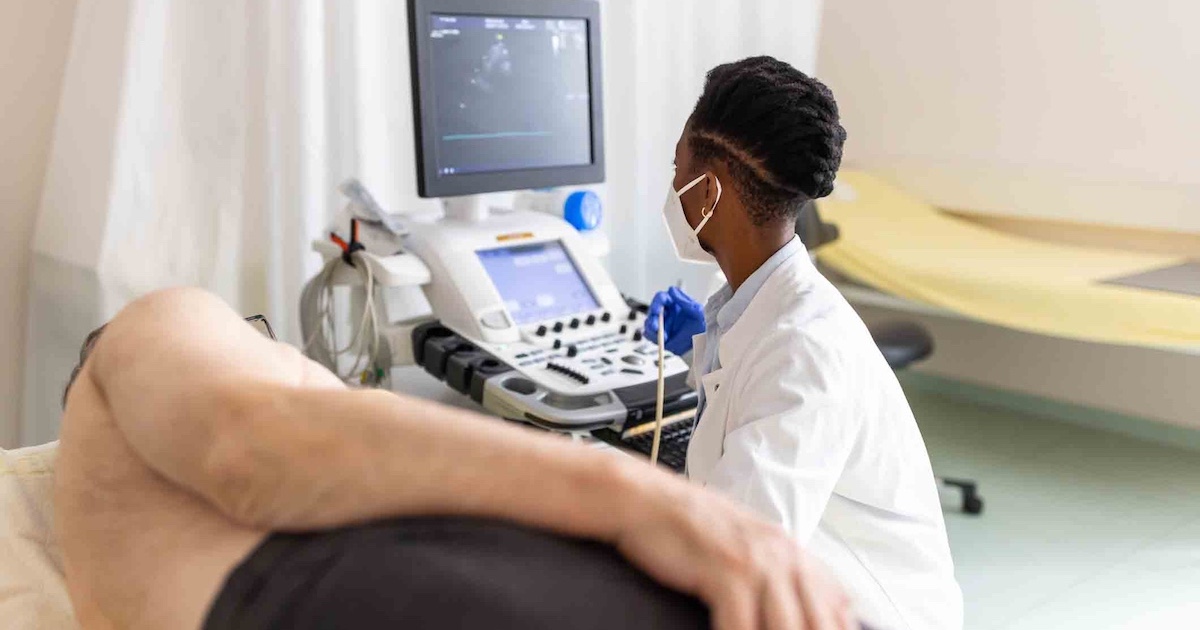The global implications of mHealth were on full display this past week at the Wireless-Life Sciences Alliance's 8th Annual Convergence Summit, where one man's quest to develop a portable dialysis machine has turned into something far bigger.
That man would be Dean Kamen, the Manchester, N.H.-based entrepreneur perhaps best known as the father of the Segway and the iBOT electric wheelchair. A guest speaker at the WLSA conference, he explained how the development of the HomeChoice peritoneal dialysis system, to allow patients with kidney disease to self-administer dialysis treatments in their home, led to the creation of the Slingshot, a portable water purification system that would provide medical-grade water from almost any source for the dialysis machine.
That, he said, led to a bigger idea: "How can we do something really big for the world?" So he coupled the Slingshot with the Stirling generator (another invention) to create "the ultimate microgrid," which could be dropped into remote locations – like an African village or disaster site – and turned into an instant source of power and potable water.
Kamen's creation (he holds more than 440 U.S. and foreign patents) lies at the heart of the WLSA's mission for its convergence summit – to bring together people and technologies normally found outside the healthcare world to craft new digital health solutions. The goal, says WLSA co-founder and CEO Robert McCray, is to apply new thinking to circumvent the problems that have plagued the healthcare system. And those sources, he says, can be found anywhere, from India and Africa to small-town America.
"We want to create more converged experts," McCray said in opening the summit last week.
McCray, who at past summits has brought in Hollywood luminaries and experts from the telecommunications, gaming and finance industries, this time targeted discussions on the growing digital health movement in Africa and China. He also profiled some of the more inventive companies in the field, like InTouch Health, whose RP-VITA telemedicine robot was used to enable the FDA's Bakul Patel to give a keynote from his office in Washington, D.C.
"The receptivity to telemedicine, to connected health, is really at an all-time high," offered Yulun Wang, chairman and CEO of InTouch Health and a vice president of the American Telemedicine Association, whose RP-VITA robots are now in use in close to 800 locations.
That receptivity helped Kamen with his next hurdle: How to get his system distributed to where it would be most needed. So he did what he does best – he invented something else. He created the Coca-Cola Freestyle, which dispenses all of the soda giant's products from one machine, and in turn developed a partnership with Coca-Cola to help deploy the Slingshot-Stirling worldwide, the first site being Ghana.
The story doesn't end there, Kamen, through his company, DEKA, added refrigeration and communications (through a partnership with Qualcomm) to create the Ekocenter, a portable kiosk that can be used as a makeshift health clinic and community center. Aside from Ghana, the Ekocenter is now being deployed in Paraguay, Mexico and South Africa. He's reportedly looking to add solar power capabilities, and has also caught the attention of another serial entrepreneur – Bill Gates.


